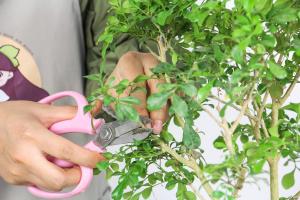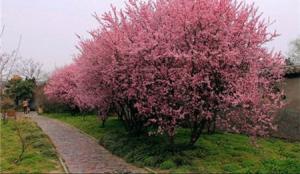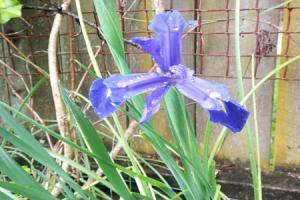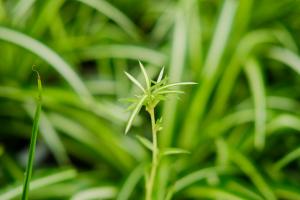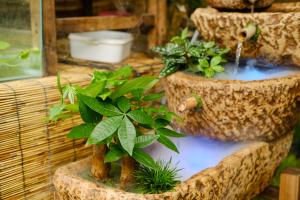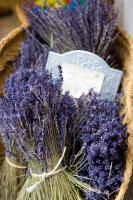Can lawn thickener be used for potting plants?
Lawn thickener is a popular product designed for improving the appearance of grass by making it denser and greener. It's primarily used to increase the thickness of the lawn, but some gardeners wonder if it can also be used for potting plants. In this article, we'll explore the possibility of using lawn thickener for container plants and discuss its advantages and disadvantages.
What is lawn thickener?
Lawn thickener is a combination of grass seed, fertilizer, and other organic matter that promotes plant growth. It's usually applied over an existing lawn or bare soil to encourage the growth of new grass. When applied, the seeds will germinate and grow into new grass, while the fertilizer and organic matter will provide nutrients that support the grass's growth.
Advantages of using lawn thickener for potting plants
Using lawn thickener for potting plants has a few potential advantages. Firstly, lawn thickener contains a variety of nutrients that can help plants grow. The organic matter is rich in minerals and other nutrients that plants need to thrive, such as nitrogen, phosphorus, and potassium. Secondly, the grass seed in lawn thickener can provide shade for the soil and roots, helping to retain moisture and prevent erosion. Lastly, some gardeners may appreciate the convenience of using a single product for both their lawn and potted plants, which can save time and money.
Disadvantages of using lawn thickener for potting plants
There are also some potential downsides to using lawn thickener for container plants. Firstly, the grass seed in lawn thickener may not be suitable for all types of plants. Some seeds may germinate too quickly, crowding out other plants or depriving them of nutrients. Secondly, the fertilizer in lawn thickener may be too strong for some plants, causing them to burn or become stressed. Lastly, lawn thickener may not provide adequate drainage for container plants, which could lead to waterlogged soil and root rot.
Alternatives to lawn thickener for potting plants
If you're looking for a product to help your potted plants grow, there are a few alternatives to lawn thickener that may be more suitable. One option is to use a specialized potting soil, which is formulated specifically for container plants. Potting soil is designed to provide good drainage, retain moisture, and support healthy root growth. Another option is to use compost, which is rich in nutrients and organic matter. Compost can be mixed into regular potting soil or used as a top dressing to provide additional nutrients.
Conclusion
While lawn thickener may have some potential benefits for container plants, it's not the best option for all gardeners. Depending on the type of plants you're growing, specialized potting soil or compost may be a more appropriate choice. As with any gardening product, it's important to read and follow the instructions carefully to avoid damaging your plants. With the right care and attention, your potted plants can thrive and add beauty to your home or garden.

 how many times do yo...
how many times do yo... how many planted tre...
how many planted tre... how many pine trees ...
how many pine trees ... how many pecan trees...
how many pecan trees... how many plants comp...
how many plants comp... how many plants can ...
how many plants can ... how many plants and ...
how many plants and ... how many pepper plan...
how many pepper plan...